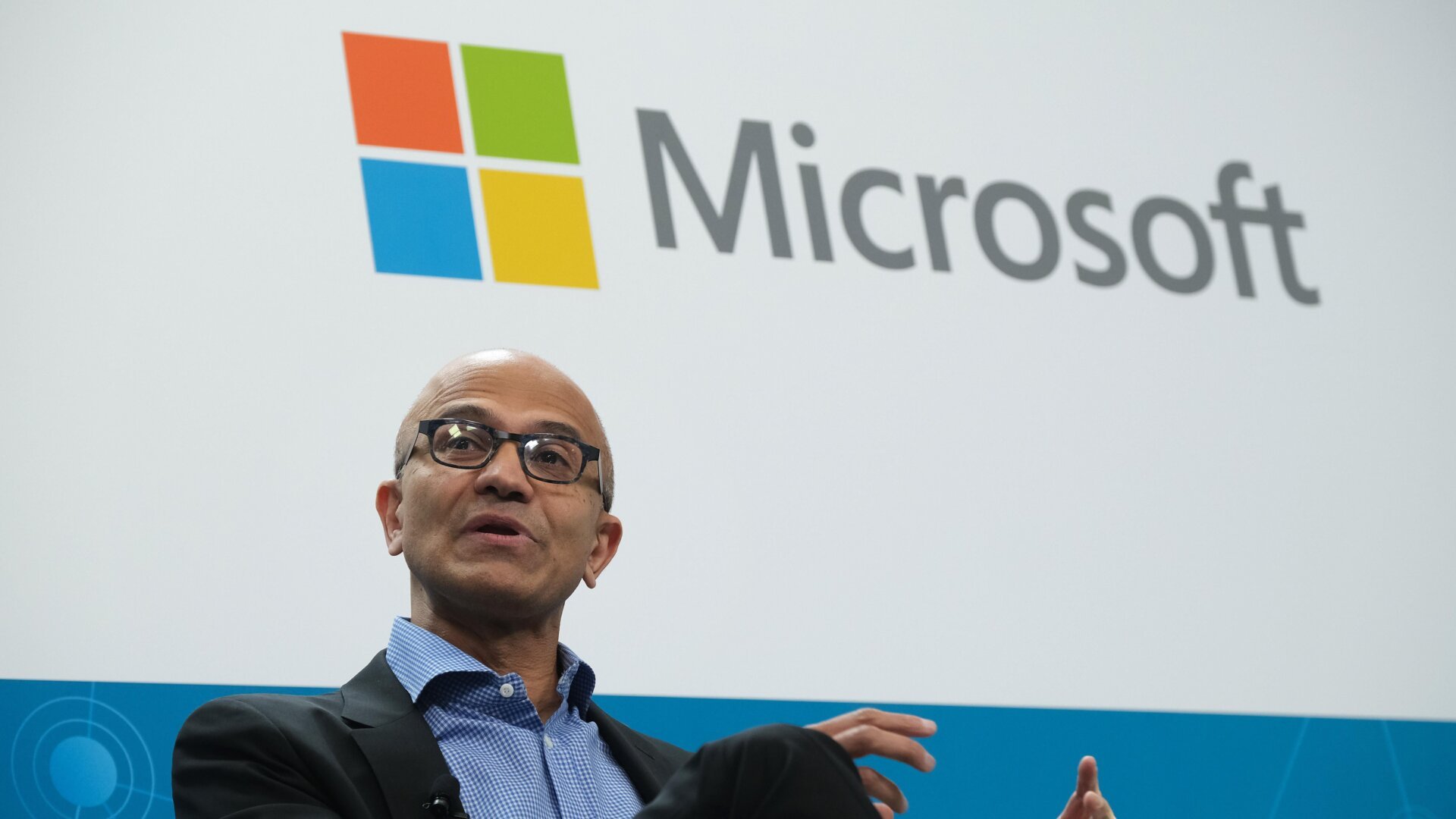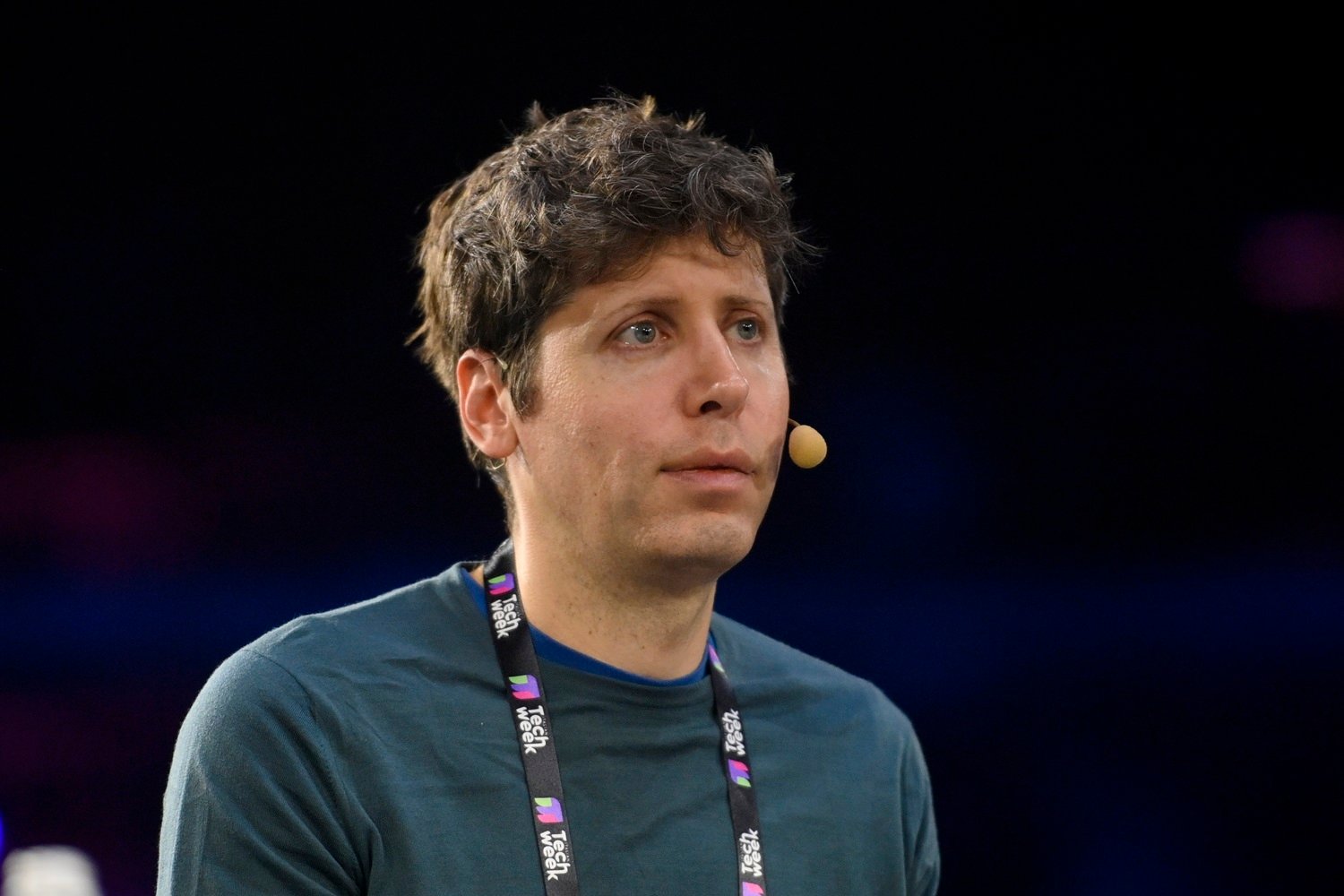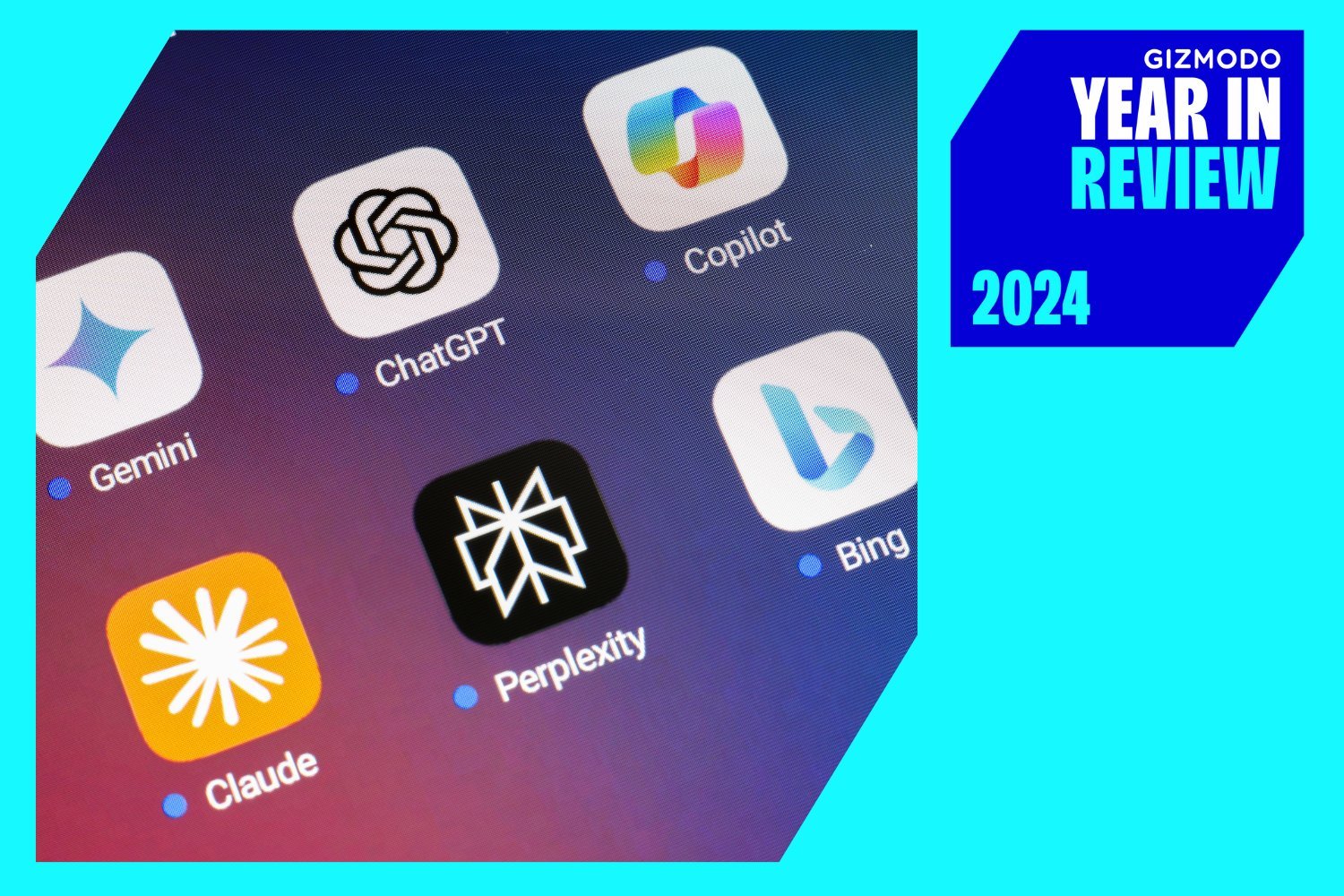Once considered a relic of the past, Encyclopaedia Britannica (now simply Britannica) is embracing the future with artificial intelligence. The New York Times reports the company, once synonymous with weighty volumes of knowledge, is poised for a potential public offering with a valuation nearing $1 billion. This remarkable turnaround highlights Britannica’s strategic pivot from printed encyclopedias to AI-powered educational software.
Britannica’s legacy of providing meticulously curated, expert-verified information offers a distinct advantage in the age of AI. Unlike more general AI models like ChatGPT, which are prone to “hallucinations” due to their reliance on unfiltered internet data, Britannica’s AI tools draw from a vast database of reliable information cultivated over centuries. This focus on accuracy and quality positions Britannica as a trusted source in the evolving landscape of AI-powered education.
Beyond its online encyclopedia and Merriam-Webster dictionary, Britannica’s core business now revolves around online education software for schools and libraries. The company aims to enhance this software with AI, offering personalized learning experiences tailored to individual student needs. By identifying knowledge gaps and providing targeted support, Britannica’s AI-powered tools aim to foster deeper understanding and engagement among students. This approach aligns with the broader trend in educational technology, as seen with Brainly’s recent integration of chatbot responses linked to specific learning materials.
Britannica has also developed its own AI chatbot, offering users access to its comprehensive encyclopedic knowledge base. This chatbot, alongside similar software for customer service applications, further demonstrates Britannica’s commitment to leveraging AI across various domains. With projected revenues of $100 million, double that of two years prior, Britannica’s financial outlook appears promising.
This resurgence contrasts sharply with the struggles faced by Chegg, another prominent player in the education technology sector. Chegg’s stock price has plummeted alongside the rise of ChatGPT, as students increasingly turn to free AI-powered alternatives for homework help. Chegg’s challenges underscore the importance of accuracy and reliability in the digital age, where readily available information may not always be trustworthy.
Britannica’s prestigious brand and long-standing reputation for accuracy may prove crucial in navigating the challenges of the AI-driven education landscape. As schools and libraries prioritize reliable information sources, Britannica’s commitment to quality and its strategic embrace of AI could propel its continued growth in this evolving market. The company’s legacy, combined with its forward-thinking approach, positions it as a potential leader in the future of AI-powered education.











